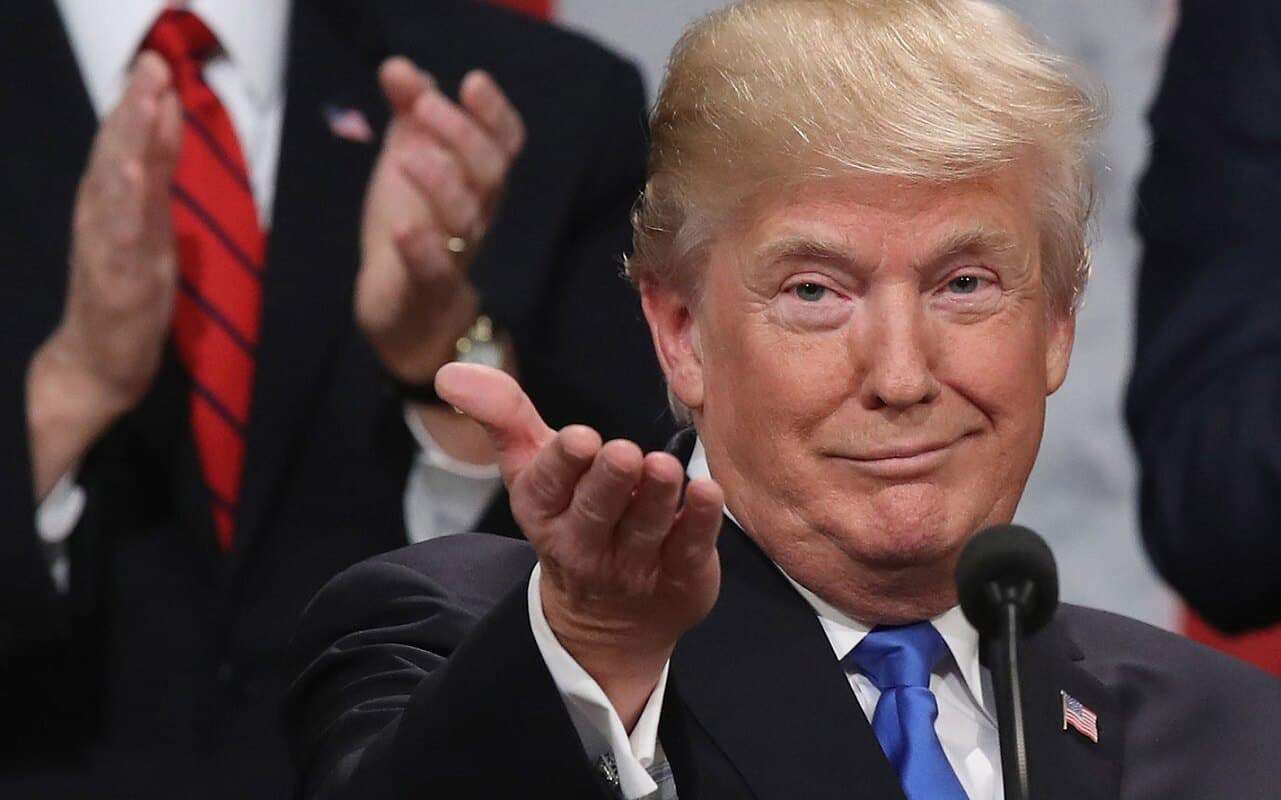News
Trump’s long-promised chips and semiconductor tariffs are coming
Trump says tariffs are both “substantial” and “not that high” with a straight face.

Just a heads up, if you buy something through our links, we may get a small share of the sale. It’s one of the ways we keep the lights on here. Click here for more.
Trump is once again promising tariffs on foreign semiconductors, and this time, he says they’re coming “very shortly.”
But if you’re Apple or another Big Tech giant who happened to score a dinner invite at the White House this week, don’t sweat it. You’re probably in the clear.
The remarks came during Trump’s dinner with CEOs like Apple’s Tim Cook, where he floated tariffs that are supposed to be both “substantial” and “not that high,” which is political math only Trump could deliver with a straight face.
According to CNBC, he added: “We’ll be putting tariffs on companies that aren’t coming in,” suggesting that firms already investing in US manufacturing (read: Apple) would be spared.
Trump’s been teasing a semiconductor tariff since April and even promised a full reveal by mid-August.
He’s repeatedly thrown out a 100% tariff figure, which would make the previous 2–5% chip tariffs look like pocket change.
The stated reason is national security: the administration has been investigating foreign processors used in US systems.
But since the White House already announced tariffs before the investigation wrapped up, it feels more like a foregone conclusion than a data-driven policy.
Apple seems to be the big winner here. In August, Trump said there’d be “no charge” for companies like Apple, largely because Cupertino pledged $600 billion investment in US manufacturing.
The catch? That figure mostly went to existing Apple partners already doing business in the States, not exactly a Made-in-America iPhone moment.
Still, the exemption would save Apple billions, and it shows how Trump’s manufacturing revival rhetoric has quietly made room for sweetheart deals.
Tariffs may be billed as a stick, but for Apple and its peers, it looks more like a carrot.
So, what does this mean for everyone else?
If you’re a foreign chipmaker without an invite to steak night at the White House, brace yourself for tariffs that could double the price of doing business in the US.
Are Trump’s semiconductor tariffs a necessary step for national security and domestic manufacturing, or will they just increase costs for consumers while giving preferential treatment to well-connected companies? Should trade policy be based on which CEOs get White House dinner invitations, or more transparent criteria for exemptions? Tell us below in the comments, or reach us via our Twitter or Facebook.



























